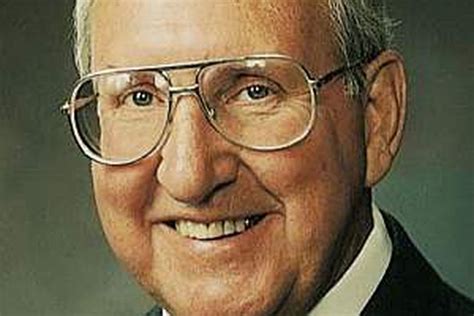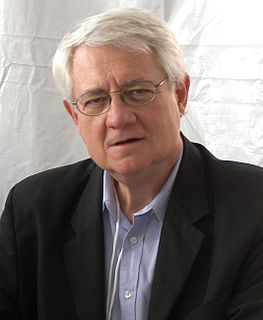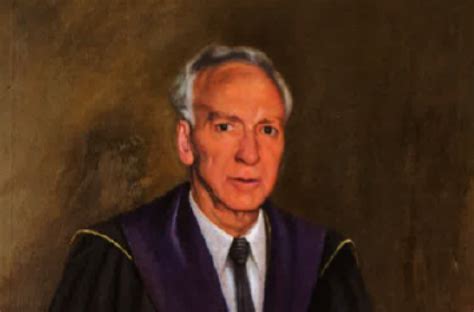A Quote by F. Scott Fitzgerald
My idea is always to reach my generation. The wise writer writes for the youth of his own generation, the critics of the next, and the schoolmasters of ever afterward.
Quote Topics
Related Quotes
It is not difficult to understand why the great God of heaven has reserved these special spirits for the final work of the kingdom prior to his millennial reign.... This generation will face trials and troubles that will exceed those of their pioneer forebears. Our generation has had periods of some respite from the foe. The future generation will have little or none....This is a chosen generation.... I believe today's [Church youth] will lead the youth of the world through the most trying time in history.
And so you [young Americans]need to be the Idea Generation. The generation who's always thinking on the cutting edge, who's wondering how to create and keep the next wave of American jobs and American innovations, who's figuring out how to out-compete the Idea Generations of Indias and Chinas of the world.
Evolution is all about passing on the genome to the next generation, adapting and surviving through generation after generation. From an evolutionary point of view, you and I are like the booster rockets designed to send the genetic payload into the next level of orbit and then drop off into the sea.
The Evangelistic Harvest is always urgent. The destiny of men and of nations is always being decided. Every generation is strategic. We are not responsible for the past generation, and we cannot bear the full responsibility for the next one; but we do have our generation. God will hold us responsible as to how well we fulfill our responsibilities to this age and take advantage of our opportunities.
Perhaps the critics are right: this generation may not produce literature equal to that of any past generation-who cares? The writer will be dead before anyone can judge him-but he must go on writing, reflecting disorder, defeat, despair, should that be all he sees at the moment, but ever searching for the elusive love, joy, and hope-qualities which, as in the act of life itself, are best when they have to be struggled for, and are not commonly come by with much ease, either by a critic's formula or by a critic's yearning.





































